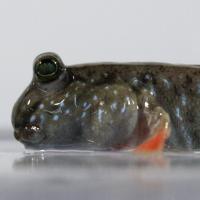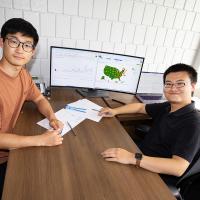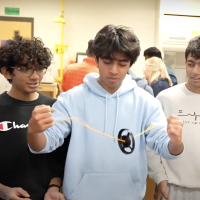5 min read
Researchers at the Georgia Tech, Seton Hill University, and Pennsylvania State University studied the mudskipper, an amphibious fish that spends most of its day on land, to better understand why blinking is a fundamental behavior for life on land..
1 min read
3 min read
Physicist Steven Chu was the first person appointed to the U.S. Cabinet after having won a Nobel Prize. On April 26, he will deliver a public lecture at Georgia Tech on climate change and innovative paths towards a more sustainable future.
5 min read
Brand, the executive director of the Georgia Tech Institute for Electronics and Nanotechnology, passed away on April 13, 2023. He was a valued researcher, leader, colleague, and friend.
6 min read
2 min read
5 min read
With funding from the National Geographic Society, researchers at the Georgia Institute of Technology and the University of California, Los Angeles (UCLA) will travel to St. Croix to analyze coral.
4 min read
5 min read















